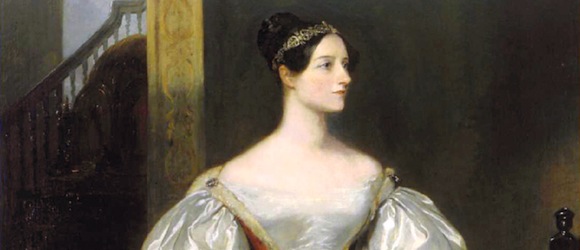I’ll admit, the first thing that springs to my mind when people mention organized Wikipedia edits is Wikipedia vandalism, perhaps because it’s just a bit more exciting than the alternative. That is, getting a bunch of people together with viable sources and references and collaborating on expanding or creating Wikipedia entries on subjects that are often overlooked by the core community of Wikipedia editors.
That’s what Maia Weinstock and Anne Fausto-Sterling do every October 15th: they organize an edit-a-thon to improve the encyclopedia’s coverage of female scientists. And it’s that time of year again.
Wikipedia has struggled with finding solutions to both its male dominated editorial community and the significant lapses in coverage that that can produce. Take this year old visualization of Wikipedia articles by equality of gender ratio of the editors that contributed to them as an example: of the 3,000 random articles analyzed for it, only one, Cloth Menstrual Pad, had a female majority (nine women and seven men worked on it). At the same time, Weinstock and Fausto-Sterling believe that there are real tangible benefits to increasing the visibility of historical female scientists. Fausto-Sterling recalls beginning her career as an assistant professor of biology at Brown in the 1970s:
At one point I was taken out to lunch by a senior history professor. I think he meant well and was trying to be encouraging but the way he encouraged me was to say, ‘It’s really exciting that they’ve hired a woman scientist but this is the first time it’s been possible because before your generation there were none.’
Thirty years later, Weinstock found a mirrored experience when she went looking through Wikipedia for historical events by day. Professor Uta Frith, who has organized similar efforts for the Royal Society, also cites her own experience with the assumed invisibility of female scientists in history as motivation:
It is shameful that when you ask people, including scientists, to name well known female scientists and engineers, they can barely get past Marie Curie. I think this is very much because they are not in our consciousness, or they have not been given high enough profile for their work. Wikipedia is one of the first places that many people go for information, but if it’s not there how will we ever learn about our scientific heroines. This event is a very small but important step towards putting these very special women in the spotlight they deserve.
If you’d like to help out next week, the Ada Lovelace Edit-a-thon has its own Wiki project page here, with a list of stub articles that need expanding and female scientists who are still without their own articles on Wikipedia, as well as links to viable source material so that editors can prepare before the event. Happy Ada Lovelace Day!
(via Brown.edu.)









Published: Oct 10, 2013 10:56 am